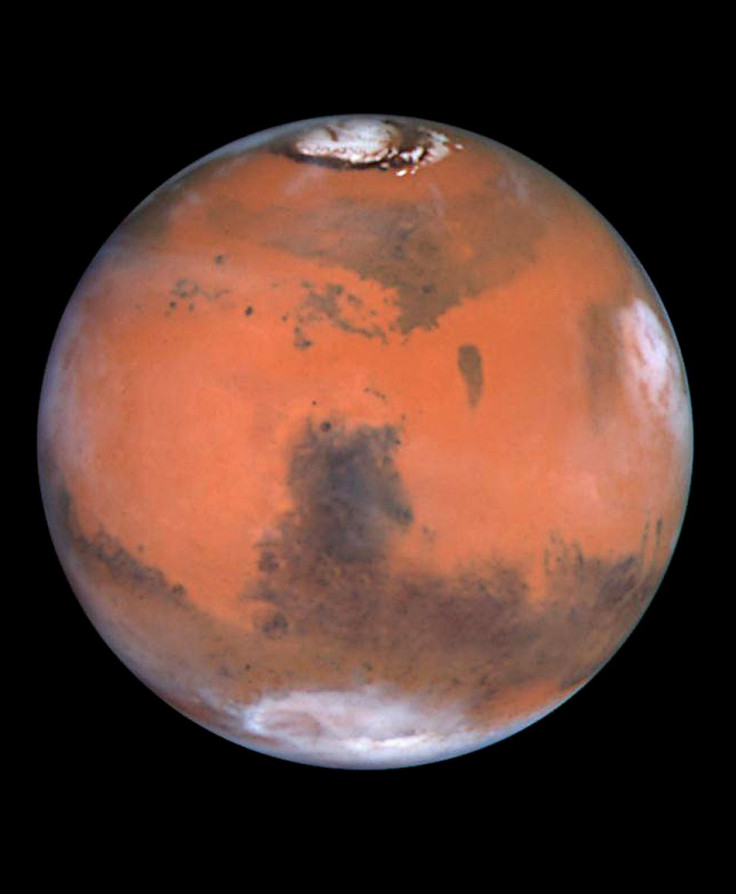Russian Mission to Bring Life to Martian Moon Falters, Stuck in Earth Orbit

A Russian space craft set to carry life to Mars' mysterious moon Phobos has suffered an engine failure, leaving it stranded in Earth's orbit.
Primarily designed to collect dust and rock samples from Phobos, the Russian made grunt craft also houses a secondary mission to test how living organisms could spread through the solar system.
The experiment was added to the grunt's workload by the U.S. space advocacy group, The Planetary Society, which is sending its Living Interplanetar Flight Experiment on Phobos-Grunt.
If it gets to Phobos, the LIFE pack will test current theories about the spread of life in space, simulating scenarios of the voyage microbes would make when housed in a meteorite that breaks off from one planetary body and lands on another.
The capsule itself is reported as containing the bacterium Deinococcus radiodurans and a microscopic invertebrate, the eight-legged tardigrade.
Both life forms were chosen for their hardy nature, with the bacterium known for its ability to withstand large doses of radiation and the tardigrade already having demonstrated its ability to survive short exposure to the space environment.
The LIFE package was intended to return to Earth alongside soil samples in the grunt's return canister in August 2014.
Unfortunately, just minutes after launch the grunt craft carrying the LIFE package was reported as veering of course after an engine designed to keep it on track failed to start.
As a result of the engine failure the probe is reportedly stuck in Earth's orbit. Russian engineers say they have three days to correct the problem before the craft's batteries run out.
A spokesman for the Russian Space Agency said scientists are working to fix grunt's engine failure and still hope to have the samples and LIFE package back on Earth within three years.
© Copyright IBTimes 2025. All rights reserved.





















